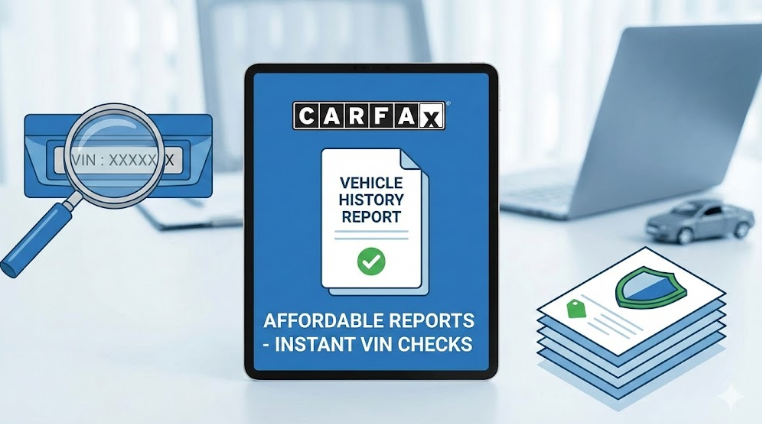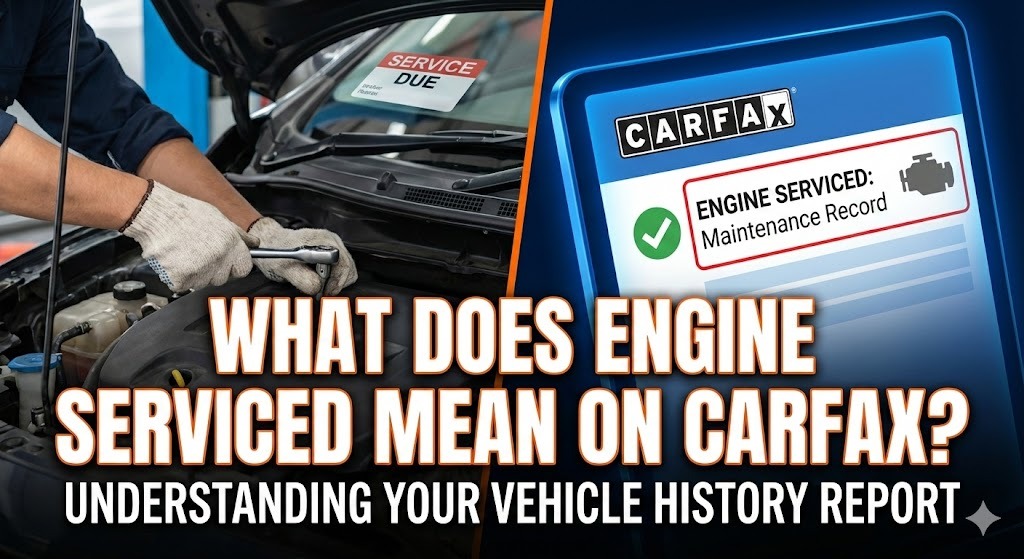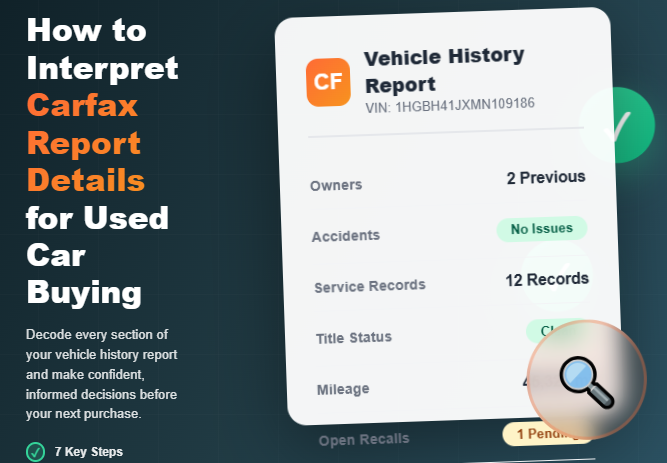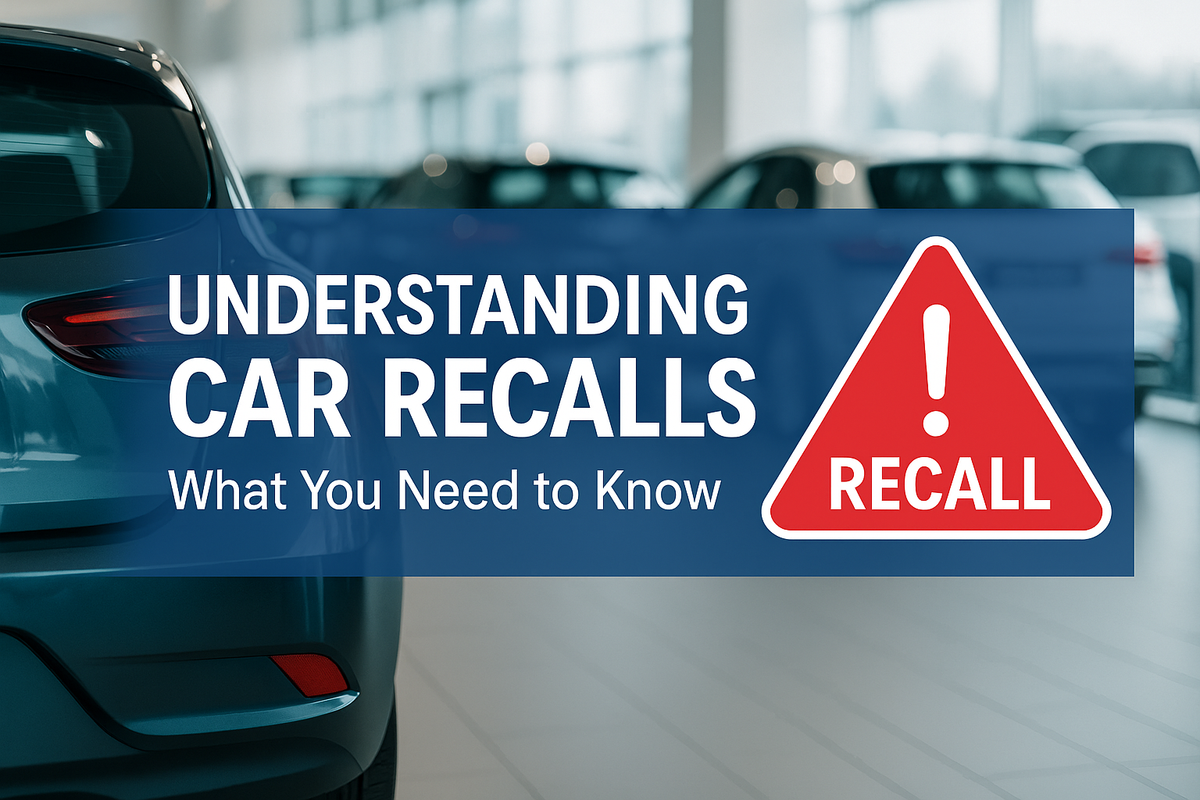
Carfax Trade-In Value: What's the Worth of Your Car?
According to research, more than 60% of car buyers think their vehicle is worth more than it is. In the opposite case scenario, many people even trade in their cars at lower prices, not knowing their real market value. And that’s thousands of dollars lost every day.
But how can you avoid that pitfall? A Carfax Trade-In Value, as determined by a reliable Carfax tool, is your answer. Backed by verified vehicle history information, it calculates what your car could fetch based on previous records, conditions, and mileage.
So in this article, we’ll help you learn how to find the worth of your car, factors affecting it, and different ways to maximize its value.
Just stay along!
What is Carfax Trade-In Value?
Carfax Trade-In Value is an estimated value that shows the true worth of the car, derived from a history-based valuation tool. It helps analyze the car’s specific VIN, including its ownership details, maintenance records, accident history, etc.
All you need to do is enter your car’s license plate or VIN on Cheapvhr.com to receive a VIN-specific estimate. And it will give you the whole report with all the essential details you need to know about the vehicle’s value for trade-ins at a dealership or for private sale.
2 Best Ways To Get Accurate Car Values
Wondering what other ways you can think of to get car values? Here’s what to do.
1. Trade-In Value vs. Private Party Value
First, understand the difference between private party value and trade-in value to figure out how much your car is worth. Trading in your vehicle at a dealership is usually hassle-free and quick, but you will likely get less money. However, selling it privately takes more time, but you can get more bucks if it’s well-maintained and in good condition.
2. Market Trends and External Factors
Your car’s value can significantly differ according to current market conditions. Changes in fuel prices, new tax policies, and seasonal demands can all affect the resale costs, so you should keep them in mind, too. For instance, electric cars may gain value when gas prices increase, while convertibles sell more in hot summer months.
Key Factors Affecting Your Car’s Worth
Consider the following factors affecting your car’s worth before making a decision:
•Age of the Car: Over time, cars depreciate, with the most significant drop occurring in the very first few years. In general, a new car model loses around 20 to 30% of its value in the first year and 50 to 60% by the fifth year.
•Usage Impact: The more miles the vehicle has been driven, the lower its value is. High mileage shows extensive use, which means there will be more wear and tear and higher maintenance costs in the future.




